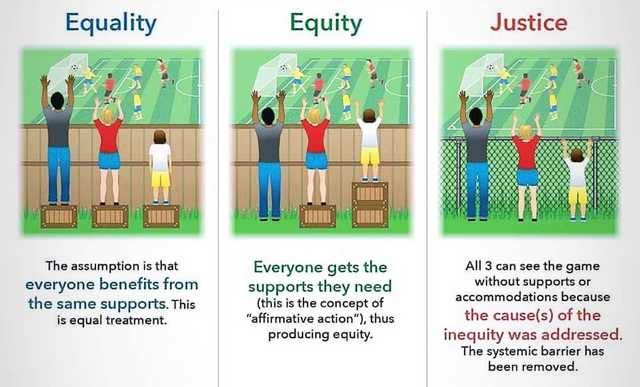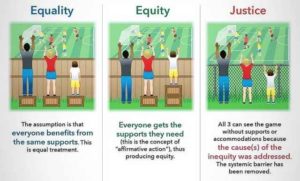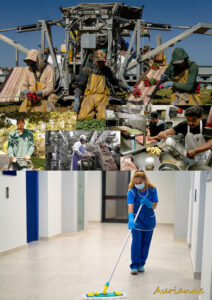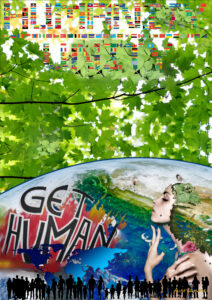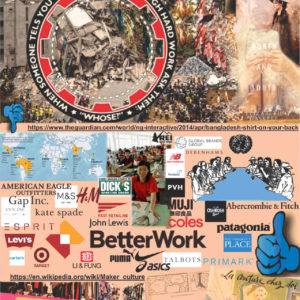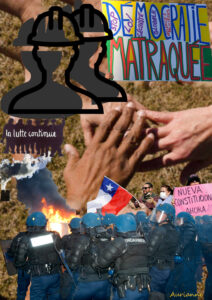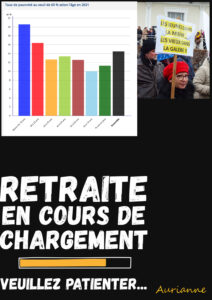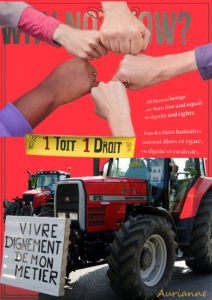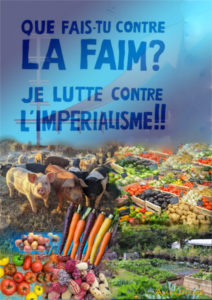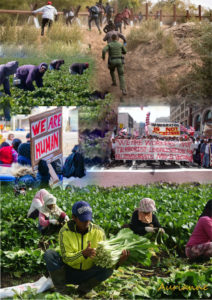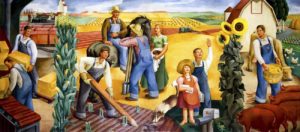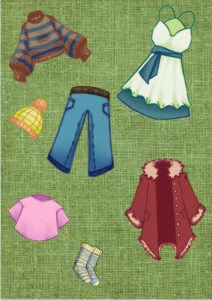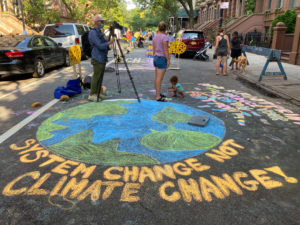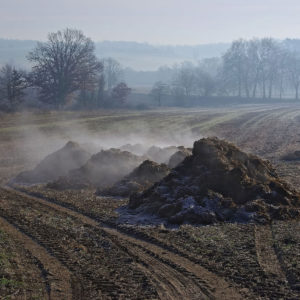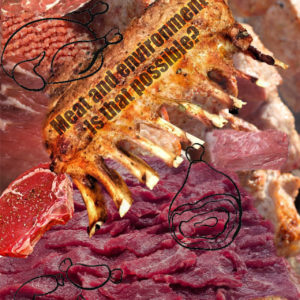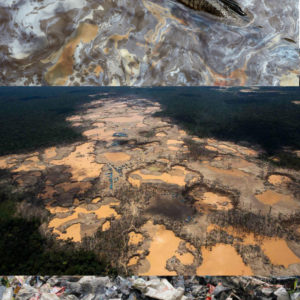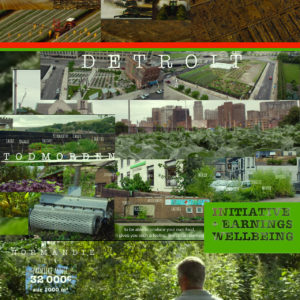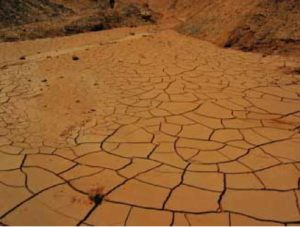I’ve heard a lot of good ideas about fair trade and organic farming, but I have a few thoughts and reactions.
First of all, I think it’s excessive to imagine a substantial change based on consumers paying more. In most European countries, our producers are paid a pittance by the middlemen because they are able to live off subsidies, in other words public money that comes from the pockets of consumers, who also pay for the high health costs of industrial food, pollution and unemployment. In the final analysis, the consumer has already paid, via taxes, 3/4 of the cheap product on the shelf before even buying it. Under these conditions, it’s hard to ask them to choose the more expensive ‘fair trade’ or organic product next door, which is not subsidised.
Now for something more general:
My point of view is that the neo-liberal revolution of the late 70s came with an ideological corpus understanding that the State should regulate as little as possible but subsidise more. One cheque for petrol, another for food, subsidies to producers and consumers alike to keep prices down. This abandonment of the role of the protective State means that industrialists do not have to suffer the consequences (poverty, health, unemployment) of their model. The same principle applies in “low-cost” countries. In fact, it’s not out of love for Bangladesh that a brand produces there, but because this state, like others, does not play its role in protecting its population (not polluting, not making its children work, not destroying its natural resources).
This ideology has also been the compass of organisations such as the WTO (World Trade Organisation), which has opened up international trade on the basis that simply trading and mutual enrichment will produce development for all. As a result, even if we were to ‘protect’ better in Europe, it would be fair to our producers to stop importing from countries that are not committed to protecting their own people and environment.
I think this thinking goes beyond consumer goods. For example, the welfare state is going to provide assistance to a disabled person to get over a hurdle, instead of first asking why not remove the obstacle and allow the person to live with dignity. Of course, there will always be a need for the community to help its most vulnerable members, but today this argument is exploited for the benefit of middlemen.
Environmentally-friendly criteria should be imposed for both domestic and imported products, because they are less costly for the public and guarantee respect for the soil, which is necessary for the long-term survival of the farm and for climate regulation. Industrial farming impoverishes the soil and eventually renders it infertile and without the water that regulates temperature.

